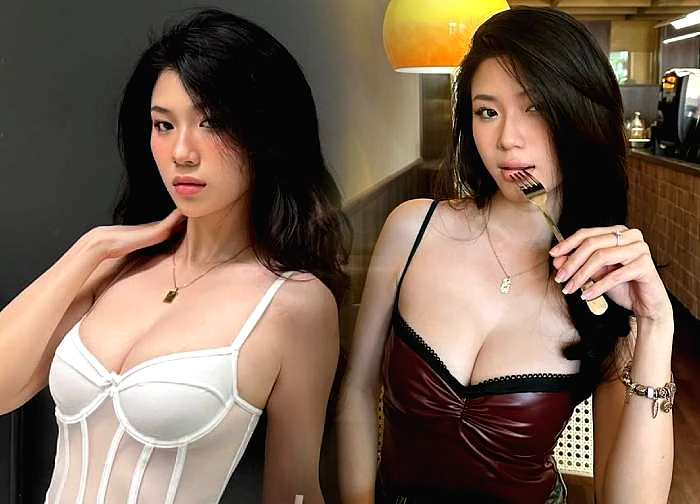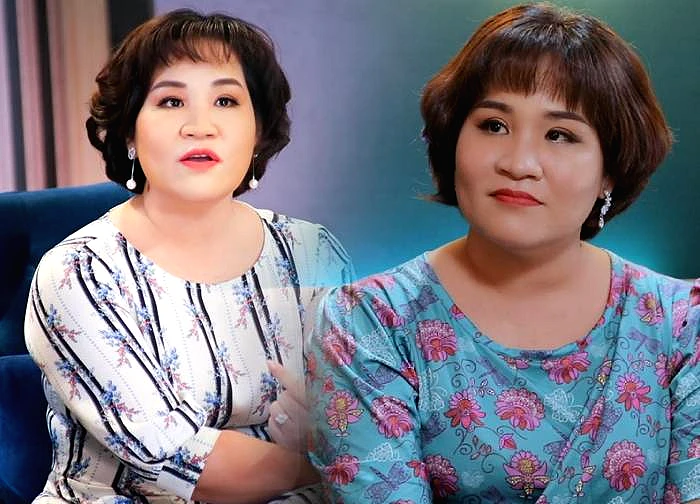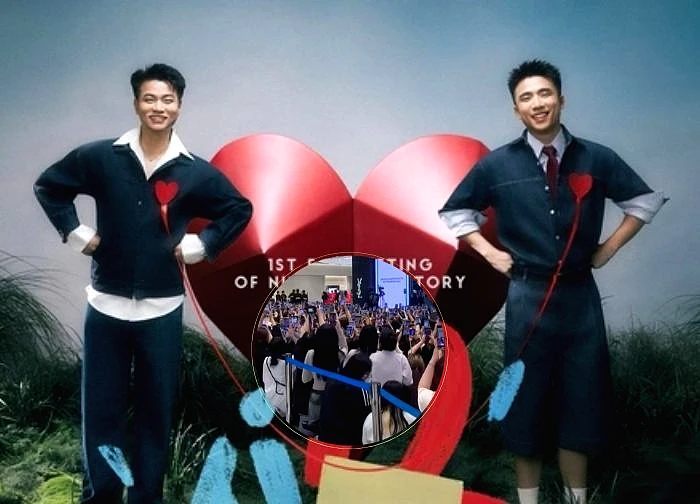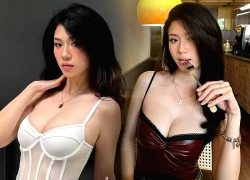Hoai Nam: My America's secretive boyfriend, cooperating with Hoa Minzy - Vu Cat Tuong

1 | 0 Discuss | Share
Madame Binh is the female Foreign Minister known as "the lady dancing among the wolves". She made the world admire her flexible but sharp diplomatic skills at the Paris Conference. One of her strong words went down in history, shaking the world.
Biography of Ms. Nguyen Thi Binh: A brave woman on the international stage
Nguyen Thi Binh (born May 26, 1927), birth name Nguyen Thi Chau Sa, is a Vietnamese female politician with an illustrious career, associated with important historical milestones of the nation. She is famous for her role as Head of the delegation of the National Liberation Front of South Vietnam, then the Provisional Revolutionary Government of the Republic of South Vietnam, participating in the Paris Conference on peace for Vietnam from 1968 to 1973.
With her sharp political acumen and outstanding diplomatic talent, she was the only woman to sign the Paris Agreement in 1973, a historic document ending the war and restoring peace in Vietnam. After the country was reunified, she continued to contribute in many high positions in the state apparatus.
Family background and youth
Mrs. Nguyen Thi Binh was born on May 26, 1927 in Tan Hiep village, Chau Thanh district, Sa Dec province (now An Hiep commune, Chau Thanh district, Dong Thap province). She was born into a family with a deep tradition of patriotism, most notably her maternal grandfather - the patriot Phan Chau Trinh. Her father was Mr. Nguyen Dong Hoi and her mother was Mrs. Phan Thi Chau Lan.
During the French colonial period, her father worked as a graphic designer in Phnom Penh, Cambodia. Thanks to that, she had the opportunity to study French and achieve the Baccalaureate I level at Lycée Sisowath, one of the prestigious schools in Indochina at that time.
In 1944, her mother suddenly passed away when she was only 17 years old. She returned to Vietnam with her family and began participating in patriotic activities in the student movement, such as relief work and taking part in the struggle for power in Saigon. After the French reoccupied the South, her father joined the resistance. She stayed in Saigon, took care of her younger siblings and secretly worked in the Viet Minh movement. At this time, she used the alias Yen Sa.
In 1948, she was admitted to the Indochinese Communist Party. Her revolutionary life soon faced hardship when in 1951, she was arrested by the French colonialists and brutally tortured at Catinat police station, then imprisoned at Saigon's Grand Prison and Chi Hoa Prison until 1953.
Big turning point in career
In 1954, after being released from prison, she joined the peace movement demanding the implementation of the Geneva Agreement. In 1955, she was sent to the North for regrouping and was trained in special knowledge and skills.
Returning to the South in 1962, she took on a new name: Nguyen Thi Binh, and assumed the position of Central Committee member of the National Liberation Front, working in the field of foreign affairs, and Deputy General Secretary of the Women's Liberation Association. In 1963, she visited China and was welcomed by Chairman Mao Zedong.
The most important event in her diplomatic career began in late 1968, when she was appointed as Head of the National Liberation Front's negotiating delegation to Paris to attend the Paris Conference on Vietnam. In early 1969, she temporarily returned home to prepare for the birth of the Provisional Revolutionary Government of the Republic of South Vietnam.
Female Minister at the Paris Conference
On June 6, 1969, the Provisional Revolutionary Government of the Republic of South Vietnam was established and she was appointed Minister of Foreign Affairs. She then returned to Paris, resuming her position as Head of the Negotiating Delegation.
During the period 1968-1972, Ms. Nguyen Thi Binh became a prominent figure, attracting the attention of the international media at the press conferences of the four-party conference in Paris. With her polite but firm demeanor, sharp but convincing statements, she was given the admiring nickname "Madame Binh" by the Western press.
The pinnacle of her diplomatic career was when the Paris Agreement was signed in 1973. Ms. Nguyen Thi Binh was the representative of the Republic of South Vietnam and the only woman to sign the Agreement. This was not only a personal milestone but also a source of pride for the Vietnamese diplomatic sector, recognizing her as the first female minister of Vietnam.
The statement shocked international public opinion
At the Paris Conference, a journalist asked her a very pointed question, with the intention of denying the existence of revolutionary forces: "Where are the liberated zones?". With her strong political will, she gave a spirited answer that shook the whole world: "Wherever the US bombs and shells, that is our liberated zone. Otherwise, why would the US have to bomb?". This statement not only cleverly reversed the issue but also strongly affirmed the existence and strength of the liberated zones, making Western journalists admire her. It was this flexible but resolute diplomatic talent that helped her be known as "the rose dancing among the wolves".
Post-unification career and everyday life
After the country's reunification, Ms. Nguyen Thi Binh continued to contribute to the country in many important positions. She became the Minister of Education (1976-1987), then Chairwoman of the National Assembly's Foreign Affairs Committee and Deputy Head of the Party Central Committee's Foreign Affairs Commission (1987-1992). She was also a member of the Central Executive Committee of the Communist Party of Vietnam, term V (1982-1986) and a National Assembly delegate from term VI to term X (1976-2002).
In 1992, at the 9th National Assembly session, she was elected Vice President of the Socialist Republic of Vietnam and held this position for 10 consecutive years (1992-2002). She was the second Vietnamese woman to hold the position of deputy head of state, after Ms. Nguyen Thi Dinh.
In 2001, in recognition of her great contributions, President Tran Duc Luong awarded her the Ho Chi Minh Medal. After retiring in 2002, she continued to actively participate in social activities. She held the position of President of the Vietnam Children's Fund and in 2003, she founded and held the role of President of the Vietnam Peace and Development Fund. She is also the Honorary President of the Vietnam Association of Victims of Agent Orange/Dioxin.
In her personal life, she married Mr. Dinh Khang in 1955. They had two children, Dinh Nam Thang (born in 1956) and Dinh Thuy Mai (born in 1960). Mr. Dinh Khang passed away in 1989.

1 | 0 Discuss | Share

2 | 0 Discuss | Share

4 | 0 Discuss | Share

2 | 0 Discuss | Share

1 | 0 Discuss | Share

4 | 0 Discuss | Share

3 | 0 Discuss | Share

3 | 0 Discuss | Share

2 | 0 Discuss | Share

2 | 0 Discuss | Share

4 | 0 Discuss | Share

3 | 0 Discuss | Share






4 | 0 Discuss | Report